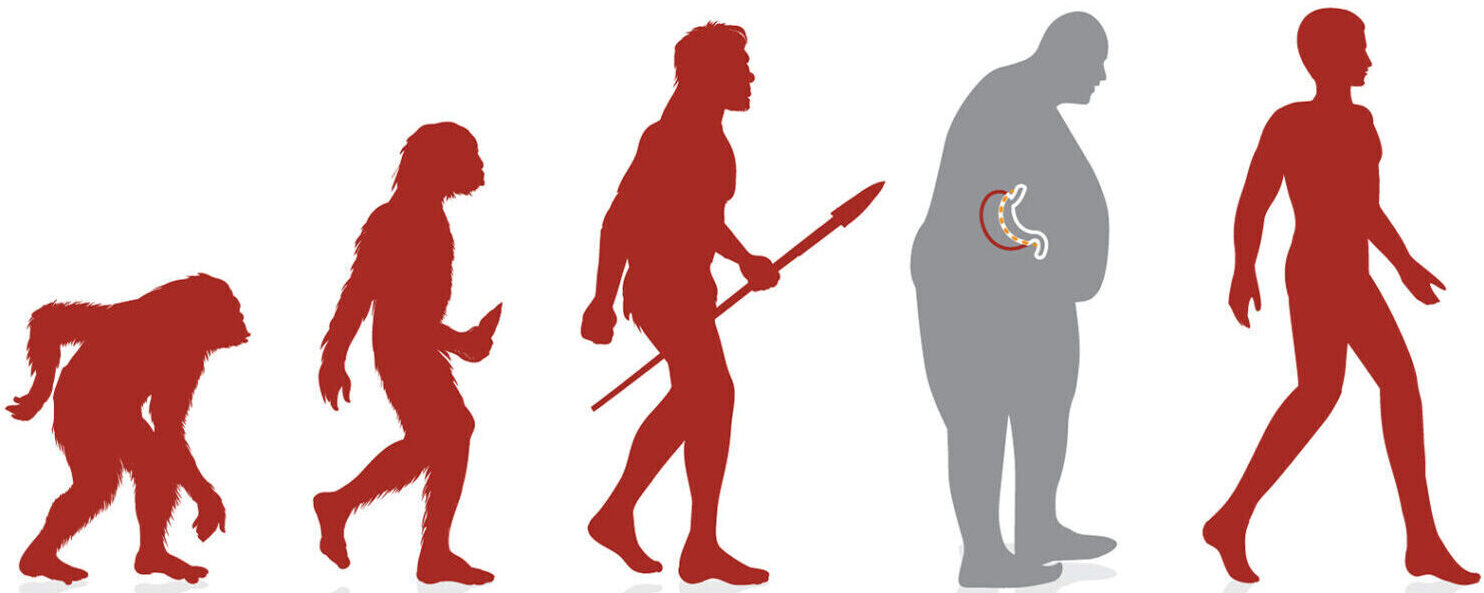
In the early 1900s, the industrial revolution was in full swing, and Americans were rapidly transitioning from an farming society to an urban one. With this transition came changes in the way we eat. As people moved to cities, they began to rely more on processed foods and factory-made products. The rise of the factory farm system made meat and dairy products more affordable and widely available, leading to an increase in consumption of these foods.
At the same time, the advertising industry was booming, and food companies were quick to capitalize on this trend. They began to market their products as healthy and nutritious, using celebrity endorsements and health claims to sell their goods. This led to a shift in the American diet, with people consuming more processed foods and fewer fresh fruits and vegetables.
In the 1950s, fast food restaurants began to appear on every street corner, offering cheap and convenient meals to busy Americans. These restaurants popularized the concept of “supersizing,” encouraging customers to consume larger portions than they needed. This trend towards larger portions continued into the 1980s and 1990s, with restaurants and food companies competing to offer the biggest and most indulgent meals.
Meanwhile, sedentary lifestyles became more of the norm, as more and more Americans began working desk jobs and relying on cars for transportation. Exercise became less of a priority, and even leisure activities became more passive, with people spending more time watching TV and playing video games.
All of these factors contributed to the rise of obesity in America. Today, we are still grappling with the consequences of these early dietary and lifestyle changes. However, by understanding the history of obesity in America, we can begin to take steps to reverse this trend, by prioritizing healthier, more sustainable food choices and making physical activity a priority in our lives.
to SUMMARIZE:
Industrial Revolution –> Processed Foods –> Easy Access to Large Quantities –> Eat More Unneeded Calories
Farming –> Urban desk job work –> We Don’t Need to Physically ‘Work’ for food –> Burn Less Calories
Leisure from outdoor activities/sports –> Indoor Television / video games –> Burn Less Calories
–> Less Activity –> Lower muscle Mass –> Decreased Energy Expenditure ==> LOWER METABOLISM
==> All leads to Significant Weight GAIN and OBESITY
Sources:
https://www.sciencedirect.com/science/article/pii/S1043276018301632
https://blogs.scientificamerican.com/food-matters/the-4-billion-year-old-story-of-obesity/
https://www.forbes.com/sites/kristinakillgrove/2015/05/20/industrial-revolution-caused-rise-cancer-obesity-arthritis/
https://www.healthline.com/nutrition/10-reasons-why-good-sleep important#section4
https://www.medicalnewstoday.com/articles/320445#takeaway

